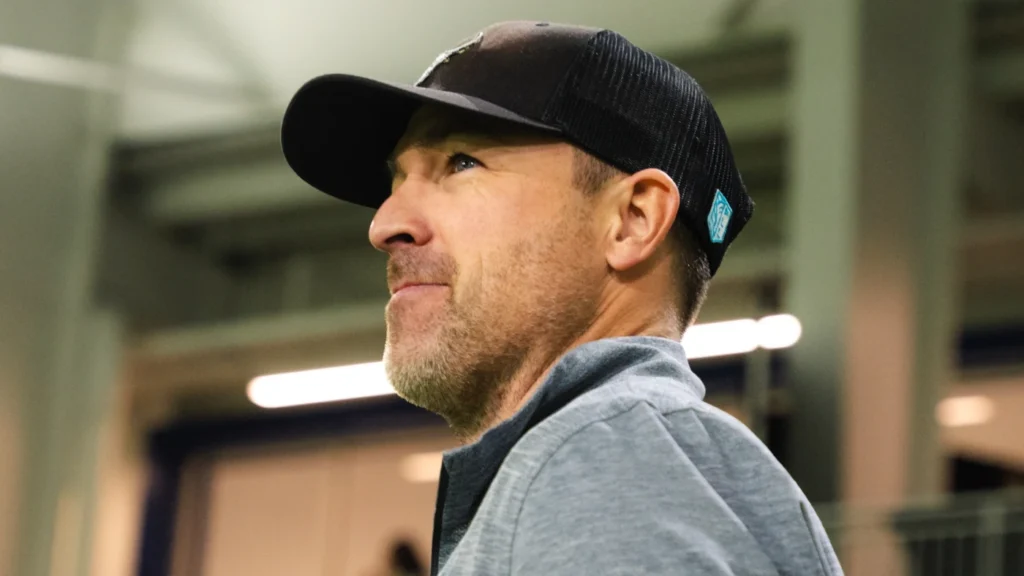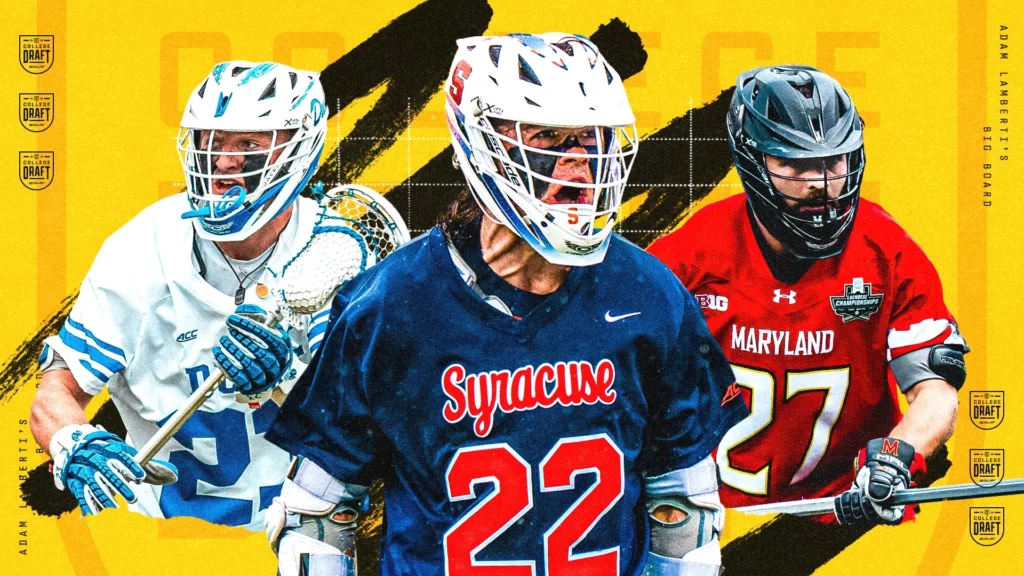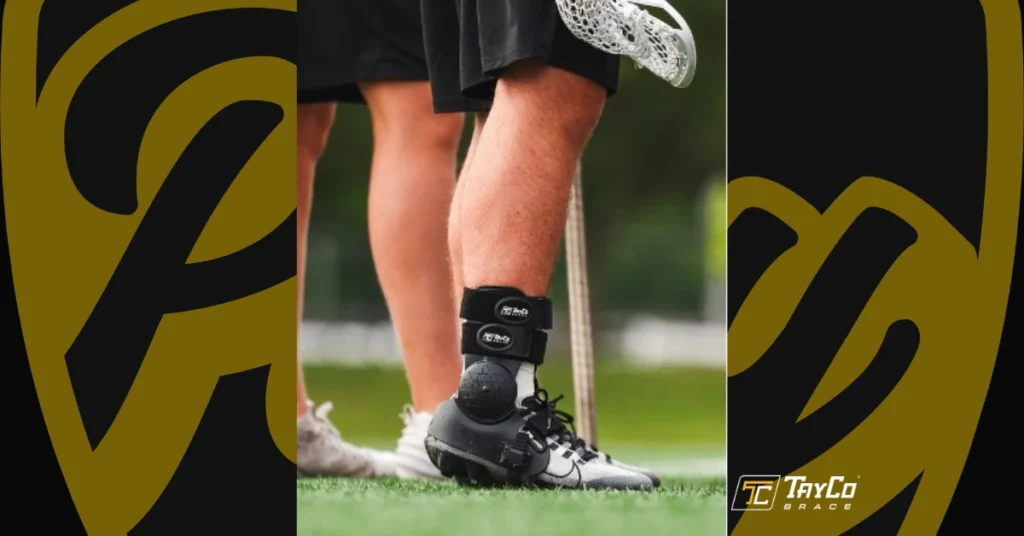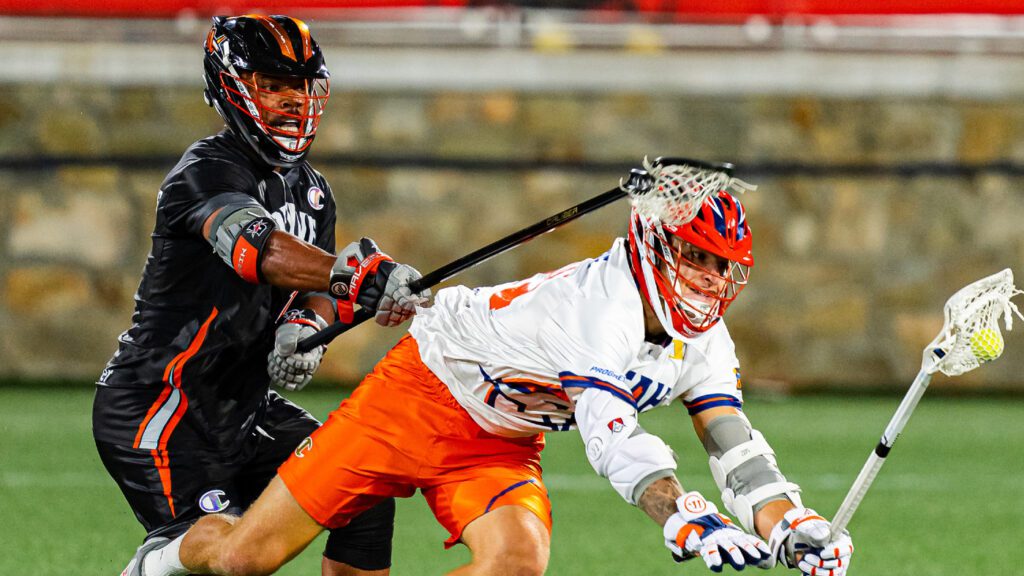
Outlaws seeking to recapture defensive glory after sluggish start
By Topher Adams | Jun 26, 2024
Through the worst days of the Chrome, one thing held firm: the defense. For the last two seasons, the team built one of the strongest units in the league. Last year’s squad boasted respectable, middle-of-the-pack defensive results despite the worst offense in the league.
The defensive core was built around established veterans and slowly bringing along top young talent. Mike Manley, Jesse Bernhardt and Will Haus built the base, while JT Giles-Harris and Ryan Terefenko gradually became the new faces of the franchise.
So far this season, though, the defense that once shaped the team's identity is struggling. The Outlaws are allowing the most scores per game (16.5) in the league through two games and rank second-to-last in defensive efficiency (34.9%).
Brennan O’Neill and the young offense are still finding their feet on one end, but the defense has yet to provide the stable foundation Denver expected.
Some of the Outlaws’ early defensive woes are simply down to the play between the pipes. Sean Sconone, who’s currently battling an injury, struggled in Week 1. He made just five saves (26.5%) in a loss to the Carolina Chaos.
Owen McElroy started in Week 2 and made 15 saves, but he saw a ton of rubber and saved less than 50% of the shots he faced. But the defensive issues go deeper than slumping goalies.
Manley highlighted transition as an early weakness. Against the Chaos, Denver was ripped apart on the break. Ian MacKay repeatedly found holes in transition and scored a hat trick in the 15-11 Carolina win.
Transition woes carried into the Week 2 clash against the Archers. Utah repeatedly attacked in unsettled sets and created easy chances against sloppy Denver defensive sets.
Transition defense is Denver's biggest weakness. In each of their first two games, the Outlaws have given up too many easy goals on the break. pic.twitter.com/8VzS1CJYpY
— Topher Adams (@Topher_Adams) June 26, 2024
At times, Utah was winning tough matchups with its bevy of elite offensive pieces, but some goals were as easy as they come.
Both Utah and Carolina had far too many wide-open looks in front of the goal in early offense. This should be correctable, but it's been a struggle so far. pic.twitter.com/OlUk3WZ3Jx
— Topher Adams (@Topher_Adams) June 26, 2024
Even in settled situations, there are currently several holes in Denver’s defense. Terefenko is still a premier short-stick defensive midfielder, but outside of him, the Outlaws’ rope unit is struggling. Opposing teams are shooting a whopping 60% when a non-Terefenko SSDM is the closest defender.
Offensive midfielder Justin Anderson has played heavy SSDM minutes so far this season, and while he’s benefitted from running in transition, he’s not a natural defensive presence.
Head coach Tim Soudan suggested Anderson will play more offense the rest of the season, and Denver could activate SSDM Alex Smith to the gameday roster for another true defensive midfielder.
For the last two seasons, the long-pole trio of Manley, Bernhardt and Giles-Harris formed the bedrock of the team. Giles-Harris is still one of the best shutdown defensemen in the league, and opponents are shooting 9.1% when he’s the closest defender.
Manley is still an active and disruptive off-ball presence. Bernhardt, a two-time world champion with Team USA, is off to a slower start, however. Opponents are shooting 56.3% when he is the closest defender.
Maryland’s defensive coordinator mostly operates as an off-ball defender, guarding the other team’s best shooter. And even if the stats don’t paint a great picture so far, Bernhardt is still playing well in that role.
But on-ball, he’s exploitable. Against quick dodgers like Carolina's Ross Scott, Bernhardt doesn’t have the foot speed to match up.
Bernhardt has always been more of an off-ball defender, but he's struggled this season defending more dynamic dodgers. pic.twitter.com/0dpkMNBCHY
— Topher Adams (@Topher_Adams) June 26, 2024
Despite some of the early flaws, Denver’s slow start defensively is correctable. The transition defense can be fixed with a bit more organization and focus.
“We know we’re better and we know we can play better,” Manley said.
Finding ways to avoid the on-ball limitations of Bernhardt and the bulk of the short-stick core is a harder puzzle to solve.
More reps together will be crucial to building defensive consistency. Manley told the team not to wait until later in the season to get better, and he said he’s seeing week-by-week improvement. The Outlaws’ defensive core of Manley, Giles-Harris and Terefenko is strong enough on-ball to help mitigate the team’s weaknesses if the sloppier transition moments can be fixed.
McElroy will also play a role in improving the defensive performance. The 25-year-old hardly played in his first two pro seasons, but he flashed potential against Utah. With more consistency in cage, the entire defense will be more stable.
Denver’s experience, talent and defensive IQ should be enough to offset its slow defensive start. Even with some potential long-term issues, the pieces are there to make this slump nothing more than an early-season footnote.
